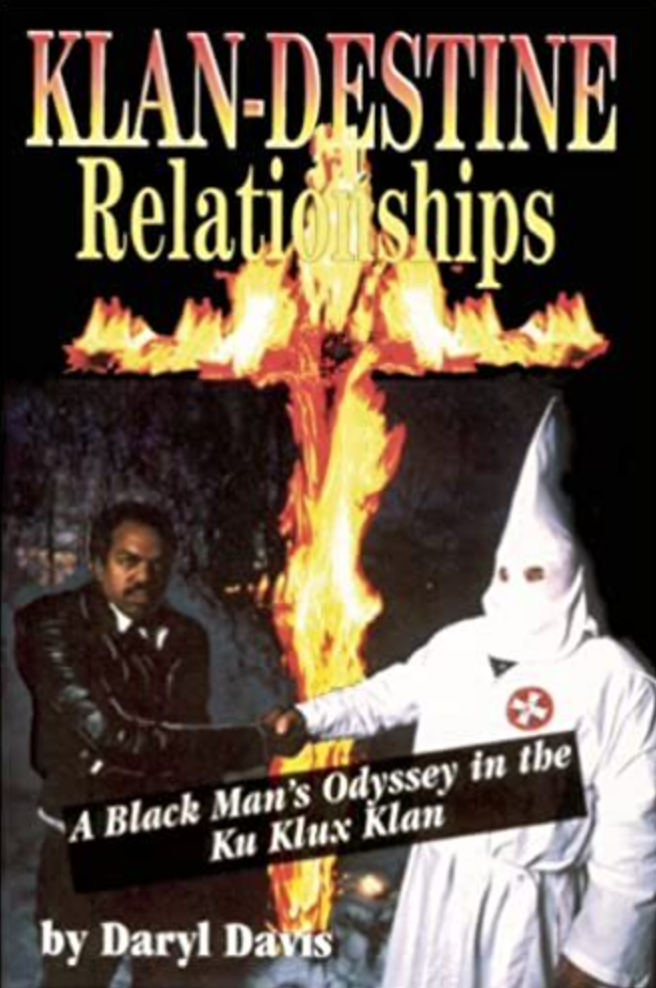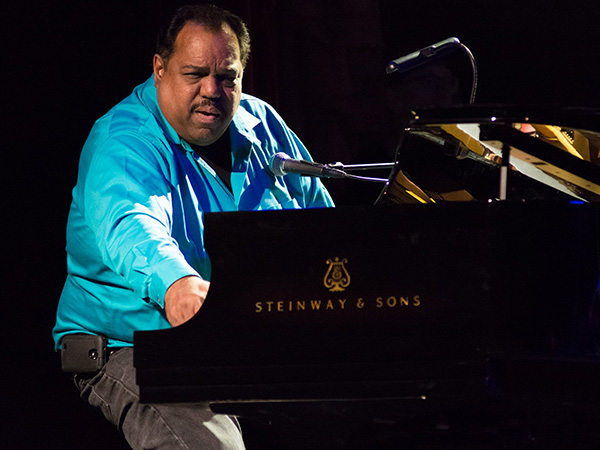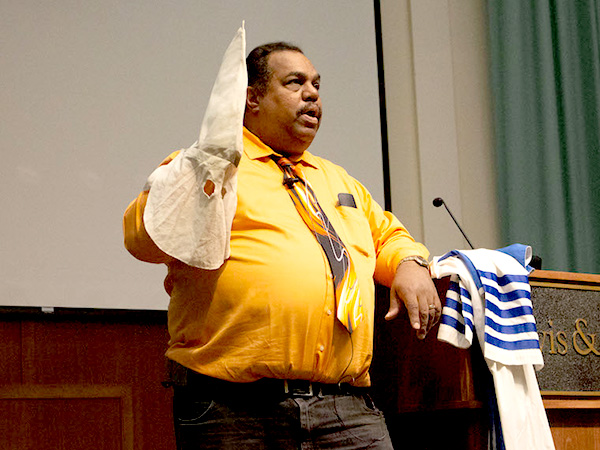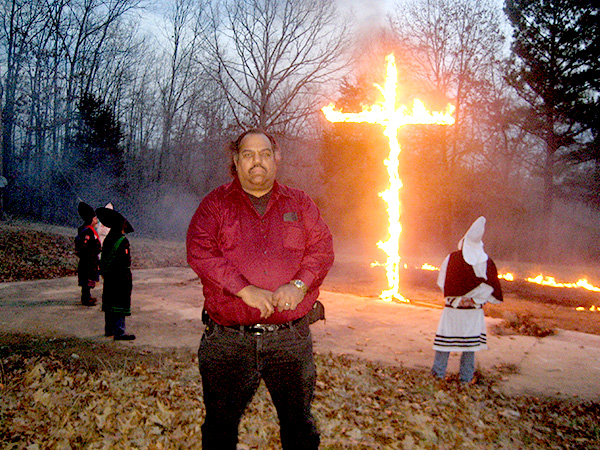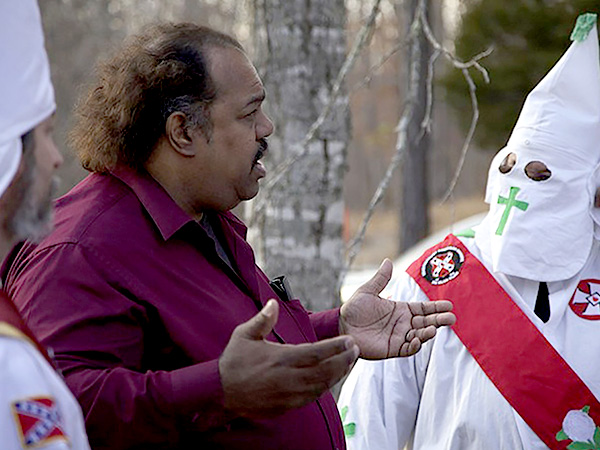Biography
Daryl Davis is committed to helping people ignite positive change – using conversation to build bridges. His jaw-dropping experiences speak for themselves. For nearly 40 years, he’s engaged leaders of the KKK and White supremacist groups face to face to find the answer to a question: “How can you hate me when you don’t even know me?” That question stemmed from his first encounter with racism at age ten when he was pelted with rocks, bottles, and soda cans by a handful of White spectators while marching in a parade. Seeking to understand, not to change minds, Daryl met their hatred with civility, patience, and listening. Those conversations spawned genuine and lasting friendships with many who changed their own minds and disavowed hateful beliefs. Some even gave Daryl their robes and hoods when they did. As a speaker, Daryl is an extraordinary storyteller who inspires and empowers audiences with tools they can use to make better workplaces, communities, and relations with family and friends. Daryl’s work is chronicled in his book Klan-Destine Relationships and the documentary Accidental Courtesy. Daryl’s TEDx talk has over 12 million views.
Daryl graduated from Howard University with his Bachelor of Music Degree. He also holds an Honorary Doctorate in Humane Letters from Post University for the unique work he has done in the field of race relations. He has performed extensively with Chuck Berry, The Legendary Blues Band (formerly The Muddy Waters Blues Band), and many others. While music is his profession, improving race relations is his obsession. He is known to many as “The Rock’n’Roll Race Reconciliator.”
It started during a break between performances with a band at a bar one night. A man approached Daryl and remarked that this was the first time he had ever seen a Black man play piano like Jerry Lee Lewis. Daryl explained that both he and Lewis were influenced by Black Blues & Boogie-Woogie pianists, from which Rock’n’Roll and Rockabilly evolved. The man did not believe in the Black origin of Daryl’s piano style even after he said that Lewis was a friend who had shared this news with him. The man then shared news with Daryl – he was a member of the Ku Klux Klan.
This meeting, and those that followed, would lead Daryl on a journey all over America, meeting and interviewing leaders and members from KKK, neo-Nazi and Alt-Right groups at both his and their homes as well as their rallies. With his highly acclaimed, nonfiction book, Klan-Destine Relationships, Daryl become the first Black author to write a book on the Klan from in-person interviews. The award-winning documentary, Accidental Courtesy, details his journey and has been shown frequently on PBS. Daryl, who has been to 57 countries on 6 continents, is often selected by the U.S. State Department as a highly respected expert on race relations and conflict, to present programs in various countries around the world dealing with similar situations.
Daryl has been doing this work since 1983 and has become the recipient of numerous Klan robes and hoods and other racist symbols, given to him by people who once hated him when they didn’t even know him. Now many of them have become his friends and supporters of his work. On the other side of spectrum, for his work in bridging race relations he is the recipient of numerous awards such as the American Ethical Union’s prestigious Elliott-Black Award, Carnegie-Mellon’s Carl Sagan Award & Prize, Tribeca Disruption Innovation Award, MLK Award, Search for Common Ground Award, Washington Ethical Society Bridge-Builder Award, among many others. He is often sought for commentary by CNN, MSNBC, ABC News, Newsweek, The Washington Post, The Atlantic, People magazine, and many other media sources.
In Daryl’s words, “Ever since I graduated from college in 1980 with my degree in music, I’ve been a full-time musician, traveling and performing all over America and around the world. What I’ve come to find to be the greatest, most effective, and successful weapon we can use to combat ignorance, racism, hatred, and violence, is also the least expensive weapon – and the one that is least used by Americans. That weapon is called communication. We can communicate with people in space but many of us have difficulty talking to the person who lives next door because of the color of their skin, their ethnicity, their religion, their orientation, their politics, etc. We are living with 21st century technology in Space Age times, but there are still too many of us with Stone Age minds.”
Daryl has come in closer contact with more members of the Ku Klux Klan than most White people, and certainly most Blacks, short of being on the wrong end of a rope. What’s more surprising? He intentionally continues to do so because as he says, “Ignorance breeds fear. If you do not keep that fear in check, that fear will breed hatred. Because we hate those things that frighten us. If you do not keep that hatred in check, that hatred in turn will breed destruction because we want to destroy those things that we hate. Why? Because they frighten us.”
When he speaks, Daryl Davis’s impact on an audience is sobering yet inspirational. More than a few members in every audience remember and ask him about the fictional character in Dave Chappelle’s comedic skit in which he plays a blind Klansman who didn’t know he was Black and attends Klan rallies. Daryl shares stories that would be comical, if he weren’t putting his life on the line for a purpose. Truth is indeed stranger than fiction might ever be in Daryl’s case. People will also point out how courageous Daryl was to actually turn up at Klan rallies himself. Inevitably they bring up Spike Lee’s film BlacKkKlansman. That film depicts a Black police officer who infiltrated the KKK over the telephone and would send a White subordinate officer to Klan rallies in his place to gather damning intelligence against the Klan. The difference is not lost on the audience. Daryl had his feet on the ground in the lion’s den and tells the story first-hand.
Through his work, Daryl has discovered a successful method of transforming enemies into friends. His stories of his encounters with – and transformations of – White supremacists have inspired people all over the U.S. and abroad. His audiences leave his presentations empowered to:
- Overcome Their Fears
- Confront Their Prejudices
- Recognize Similarities
- Appreciate Differences
- Navigate Diversity
- Improve Relationships with Others
- Better Their Lives While Creating a Positive Impact on Others
In addition to his career as a performing musician, Daryl is the owner of Lyrad Music, a music publishing and licensing business. He is also an actor of stage and screen and has appeared in HBO’s highly acclaimed series The Wire.
Videos
Breaking Down Prejudices by Understanding Others with Daryl Davis
Accidental Courtesy Trailer - Daryl Davis, Race & America
A Klansman Changes His Life
First Encounter with Racism
Speech TopicsExpand each topic to learn more
Conflict is unavoidable in everyday life – it’s how we react to it that matters. Maybe you’re a manager trying to defuse tension among employees…your co-worker doesn’t share your beliefs or background…or you have a long-simmering disagreement with a family member or neighbor. The one thing all conflict has in common – nothing gets solved until the opposing sides talk about it. In his presentation, Daryl Davis empowers people with a universal tool kit to resolve conflict at work, at home, and in the community – one conversation at a time.
Daryl Davis draws on 40+ years of engaging KKK and far-right White supremacist groups to unpack why hate crimes and rhetoric are on the rise. The daily headlines are troubling, but Daryl reminds audiences hate is learned – and what is learned can be unlearned. He encourages people to engage and educate, not shun and cancel, those with toxic beliefs, and he shows them how. “Ignorance breeds fear, fear breeds hate, and hate breeds destruction. Engaging and finding common ground is the key to defusing fear.
At its inception, Rock ’n’ Roll was called “the devil’s music” among many derogatory names by its detractors. Some cities banned it altogether. Rooted in Black R&B and Blues, its infectious beat led young people in the South to leap over the rope that segregated Whites from Blacks in the audience. The 1957, Chuck Berry lyric, “Hail, hail Rock’n’Roll, deliver me from the days of old,” in his hit song School Days, celebrated the music as a turning point in race relations. Daryl brings that history forward into his own story, using music as a common denominator and proving that musical and racial harmony go hand-in-hand.
Testimonials
Blog Posts
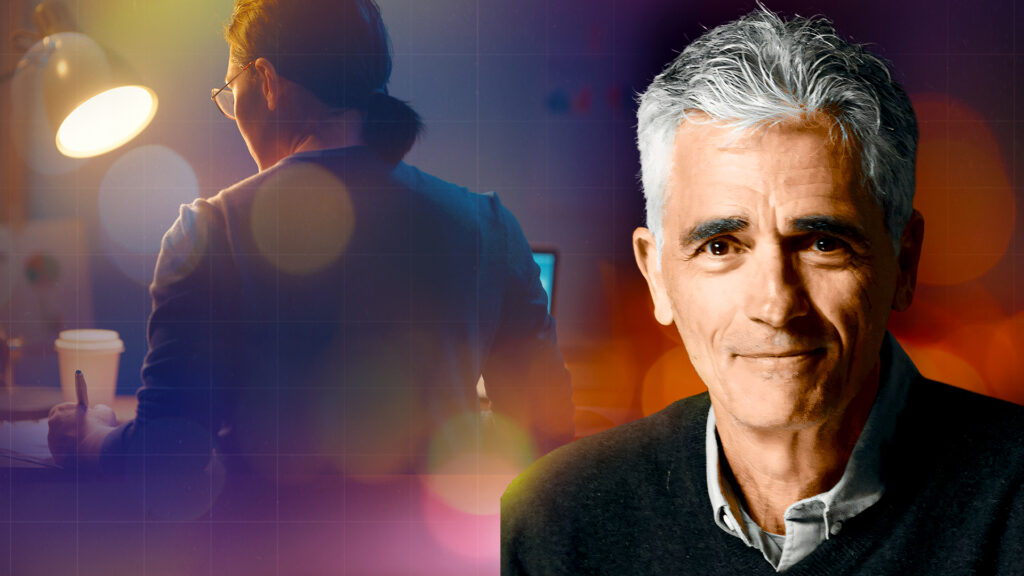
Keynote Speakers Who Tell Great Stories Get Booked More in 2026
Keynote speakers need more than craft to get booked. Learn the mindset shift that builds sustainable speaking careers.
Read More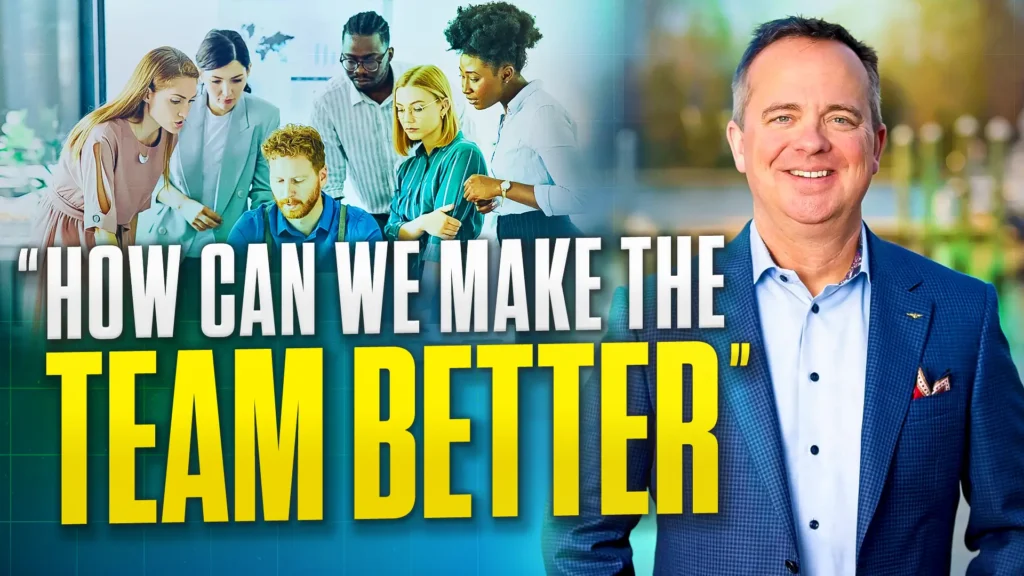
Confidence Without Vulnerability Creates Teams That Never Improve
Learn how confidence and vulnerability coexist in high-performing teams from decorated Navy fighter pilot Jack Becker's proven debrief strategies.
Read More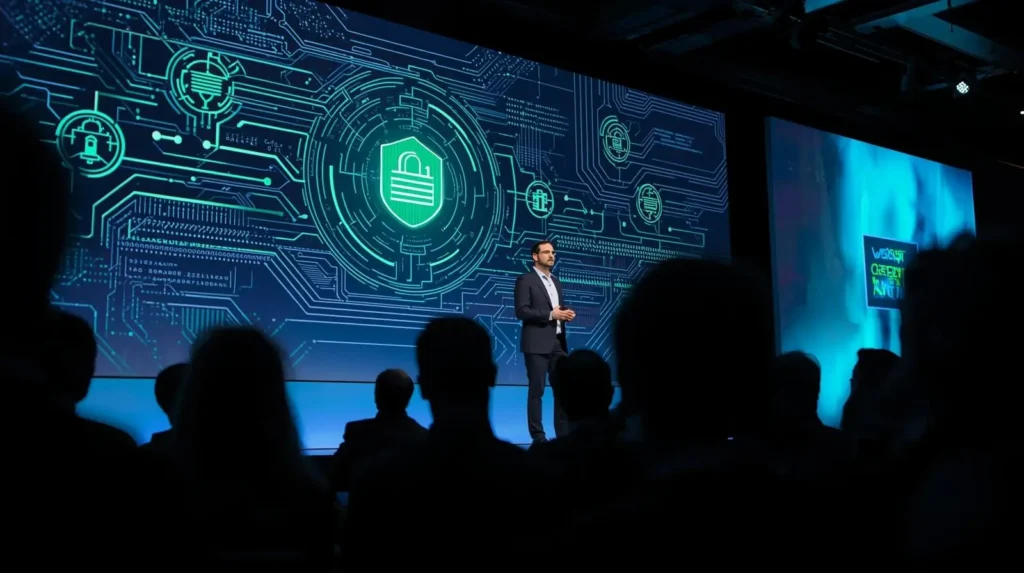
Best Artificial Intelligence Speakers for Cybersecurity Conferences (2026 Guide)
Quick Links Artificial Intelligence Speakers Healthcare Keynote Speakers Top Technology Speakers Innovation Speakers Leadership Speakers Future of Work Speakers Get Proposal (availability & fees) If you’re searching for the Best Artificial Intelligence Speakers for Cybersecurity...
Read More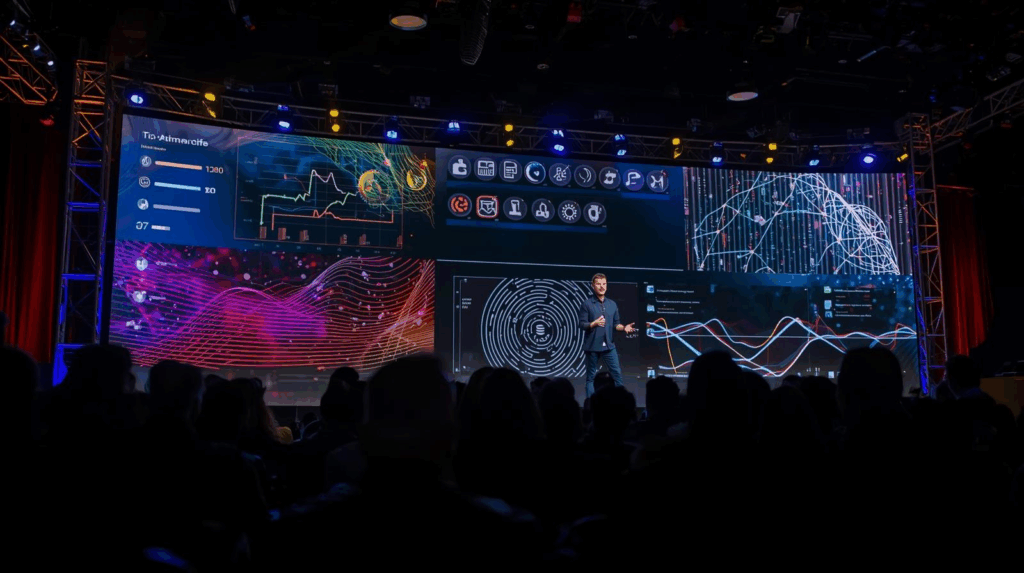
Best Artificial Intelligence Speakers for Technology (SaaS) Conferences (2026 Guide)
Quick Links Artificial Intelligence Speakers Healthcare Keynote Speakers Top Technology Speakers Innovation Speakers Leadership Speakers Future of Work Speakers Get Proposal (availability & fees) This guide features the Best Artificial Intelligence Speakers for Technology (SaaS)...
Read More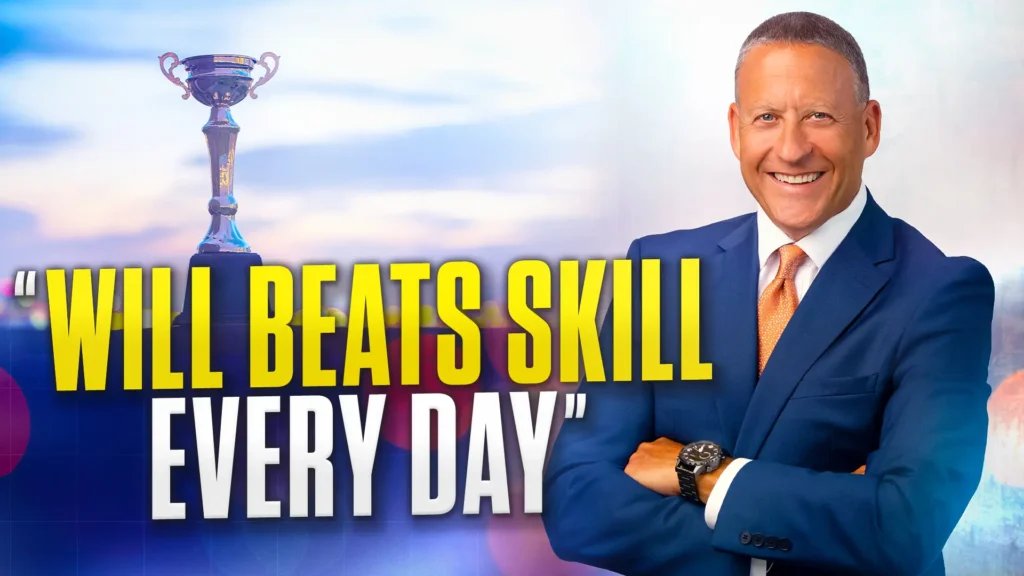
Champion Mindset Starts Where Talent Ends and Work Begins
What if the champion mindset you're chasing has nothing to do with talent? You can hire the best sleep coach, the best nutritionist, and the best trainers. But what makes you want them in the...
Read More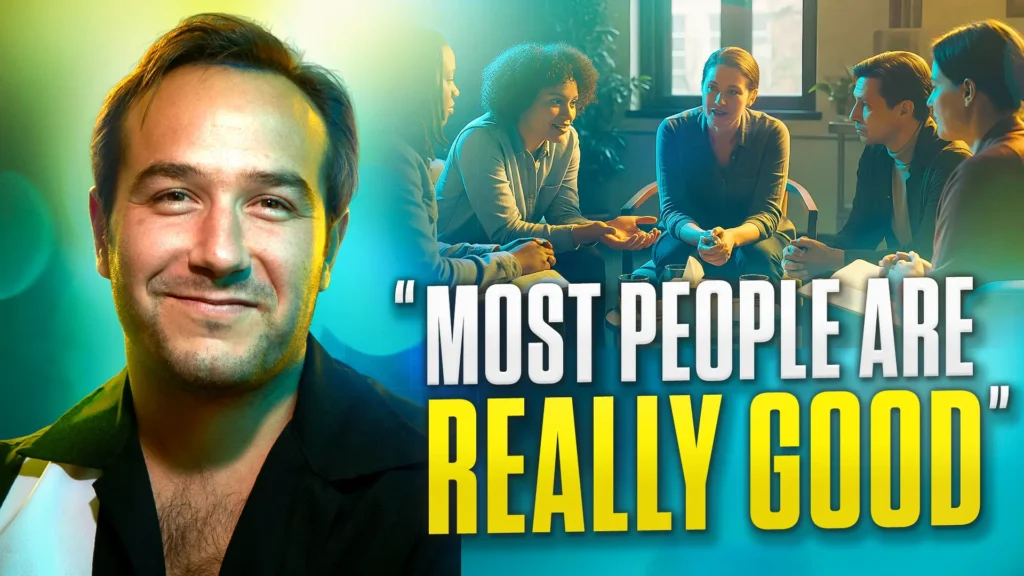
Inspiration Starts When You Start Nurturing Genuine Connections
What if the inspiration your team desperately needs isn't something you can give them? I've watched countless leaders invest in motivation programs, bring in outside experts, and launch initiative after initiative, trying to inspire their...
Read MoreRelated Societal Issues Speakers
Get in TouchContact US
Fill out the form so we can best understand your needs.
A representative from The Keynote Curators will reach out to you.

